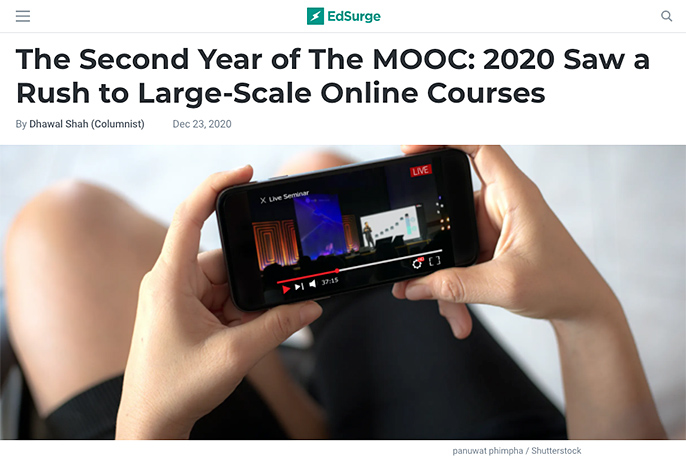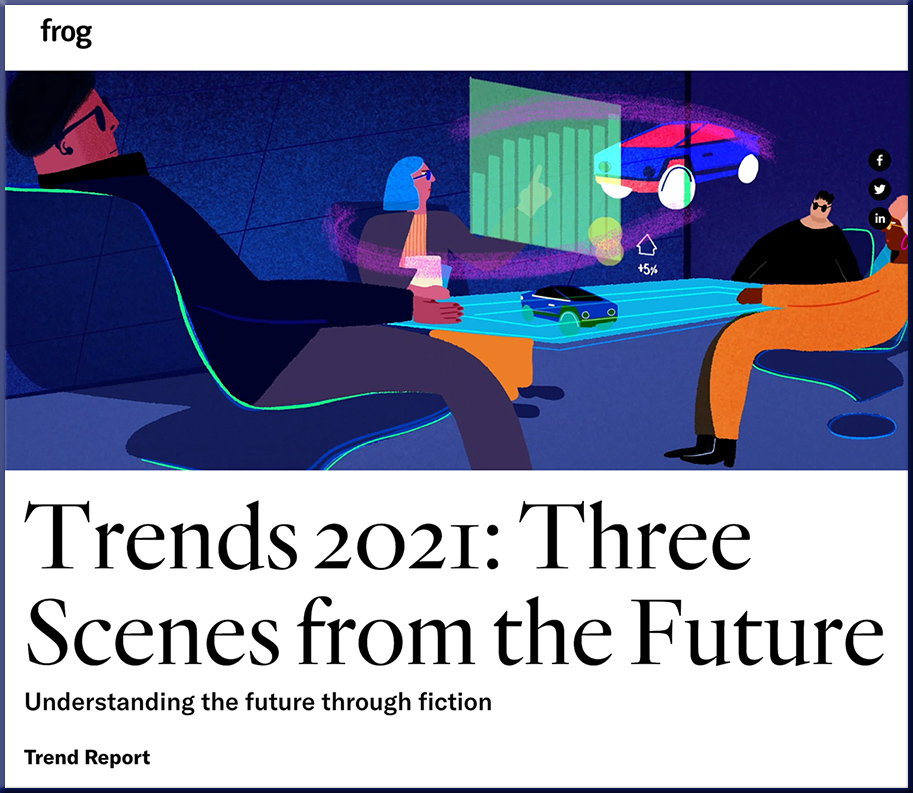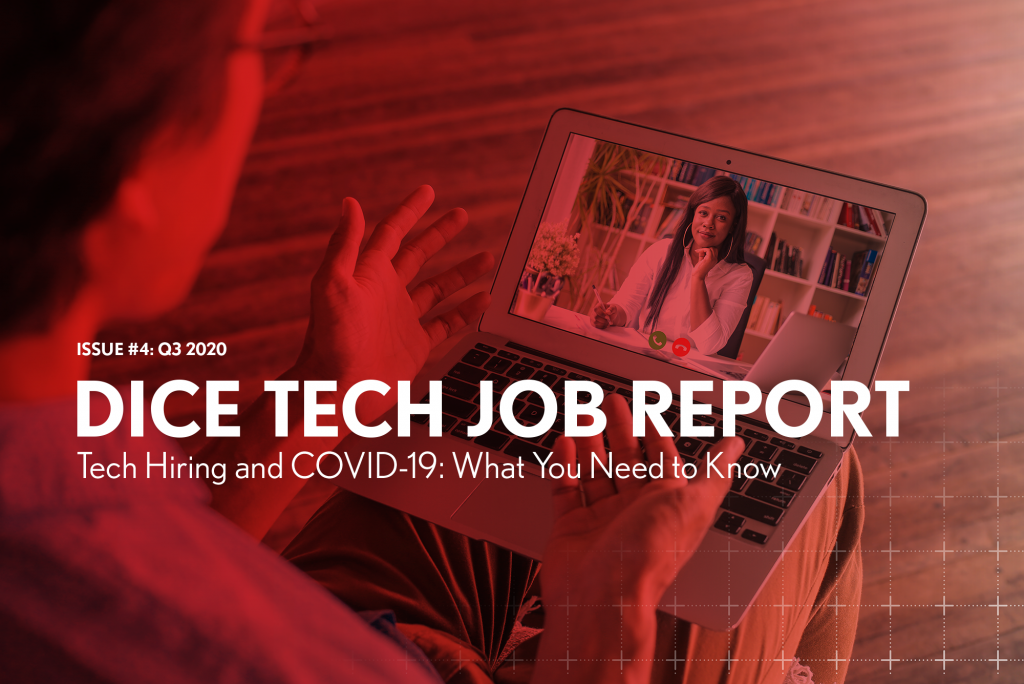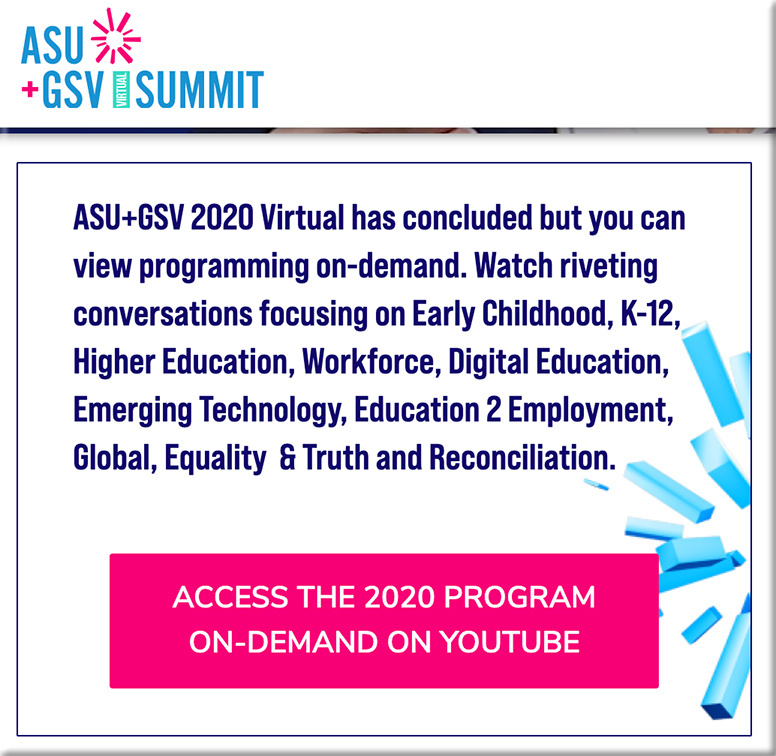DC: If this chart were to be tackled within a course, it seems to me that the Jigsaw Method could be useful — if not absolutely required.https://t.co/Sx2EFMIIrvhttps://t.co/ehUq1BL3B2#legaltech #legal #law #lawyers #legaloperations #lawschool #pedagogy #teaching pic.twitter.com/wVrYZF377O
— Daniel Christian (he/him/his) (@dchristian5) January 29, 2021
Along the lines of technologies’ potential impact on the legal realm — especially Access to Justice (#A2J), see:
Meet the 27 startups pioneering the Justice Tech market — medium.com by Felicity Conrad
Starting with coining the umbrella term “Justice Tech,” we’re developing a common language, a community of folks working in the space, and formalizing the newly-minted Justice Tech market.
Texas Bar and Paladin Partner to Launch Statewide Pro Bono Portal — from lawsitesblog.com by
Excerpt:
A free online portal launched today in Texas is designed to help lawyers find volunteer opportunities and assist residents of the state find help with their legal needs.
The new portal, Pro Bono Texas, was launched as a partnership between The State Bar of Texas and the justice tech company Paladin. The portal provides volunteer lawyers and law students with a centralized location to search and sign up for pro bono opportunities across the state.









![Innovating Remote Connectivity [Lux]](http://danielschristian.com/learning-ecosystems/wp-content/uploads/2021/01/LongRangeTechsFull-Jan2021-1024x553.jpg)


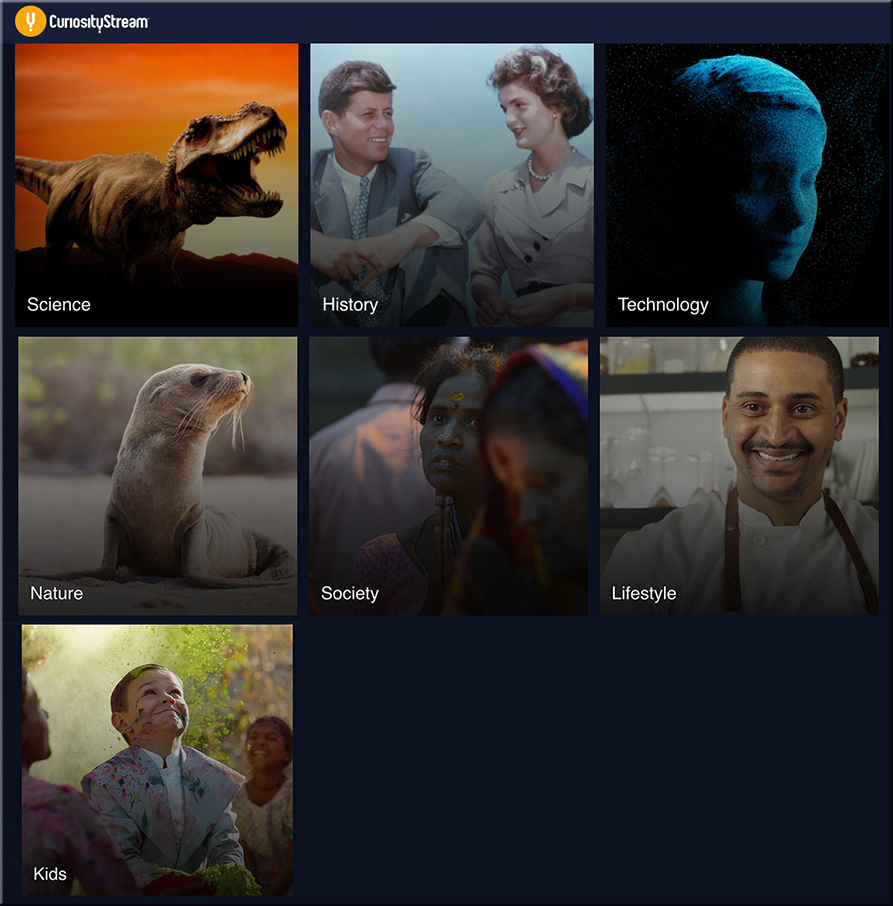

![The Year TV Leaped Into The Future [Roettgers]](http://danielschristian.com/learning-ecosystems/wp-content/uploads/2020/12/BigTrendsStreaming-2020-Janko-Roettgers.jpg)
